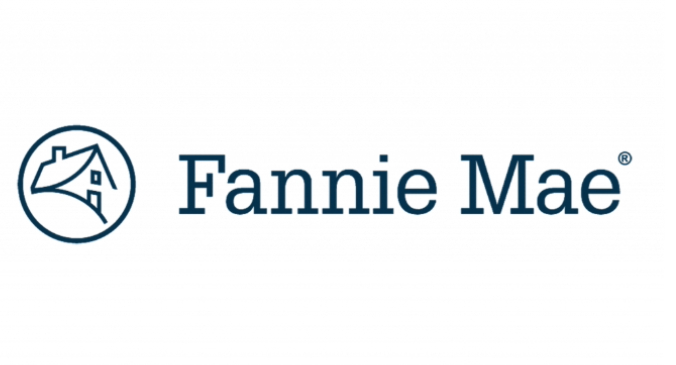Fannie Mae (FNMA/OTCQB) released additional information regarding new protections for tenants in multifamily properties with mortgages backed by Fannie Mae and Freddie Mac, the Government-Sponsored Enterprises (GSE). The protections are included in the Enterprise Multifamily Lease Standards Policy for multifamily housing providers (borrowers), announced on July 12, 2024 by the Federal Housing Finance Agency (FHFA).
Under the policy, which is effective beginning February 28, 2025, all new GSE-backed loans will require multifamily borrowers to include the following three minimum standards within tenant leases*:
• 30-Day Notice of Rent Increases: Renters will receive written notice of a rent increase at least 30 calendar days prior to said increase.
• 30-Day Notice of Lease Expiration: Renters will receive written notice of the scheduled expiration of the residential lease at least 30 calendar days prior to said expiration.
• 5-Day Grace Period for Late Rent Payments: Renters will receive a minimum five calendar day period from the rent due date before late fees or other penalties can be charged.
To provide additional transparency to tenants and to help lenders and borrowers implement the new requirements, Fannie Mae and Freddie Mac published FAQs related to the GSE standards and an initial policy grid that outlines the policy, applicability, updates to loan documents, implementation requirements for borrowers, and monitoring and enforcement details. Fannie Mae will provide additional details to lenders and borrowers prior to the February 2025 effective date and will publish on its website information to help tenants understand their rights and responsibilities.
“Fannie Mae is committed to implementing protections that support housing stability for the individuals and families who live in the multifamily rental properties we back. The new Enterprise Multifamily Lease Standards align with our mission to expand access to housing that is both affordable and sustainable. They reflect our comprehensive Renter Needs Research and methodical approach to analyzing renter obstacles and outcomes and will provide the industry with consistent expectations regarding tenant notification and grace period practices,” said Michele Evans, Executive Vice President and Head of Multifamily, Fannie Mae. “We look forward to continuing to work closely with FHFA, Freddie Mac, our lenders and borrowers, and other multifamily housing stakeholders on these and other important solutions to address the challenges faced by renter households across the country.”
Fannie Mae is a leading source of multifamily mortgage financing in America. In 2023, the company financed approximately 482,000 units of multifamily rental housing, a significant majority of which were affordable to households earning at or below 120% of area median income. Tenants can use Fannie Mae’s Renters Resource Finder online look-up tool to help determine if they live in a multifamily property with a mortgage backed by Fannie Mae.
*The policy requirement will apply to all multifamily properties for which new loan applications with Fannie Mae or Freddie Mac are signed on or after February 28, 2025, with the following exceptions: Manufactured Housing Communities, which fall under a separate tenant protections policy established by Duty to Serve; existing credit facilities including loans funded through credit facility agreements that pre-date February 28, 2025; loans for cooperative housing corporations; and loans that were originated using third-party (i.e., non-Enterprise) form loan documents.
Fannie Mae advances equitable and sustainable access to homeownership and quality, affordable rental housing for millions of people across America. We enable the 30-year fixed-rate mortgage and drive responsible innovation to make homebuying and renting easier, fairer, and more accessible.













